Account
Food Safety
Vegetable Storage
Whether you're storing tender, juicy tomatoes, crisp lettuce, or delicate herbs, this is the place to learn how to care for vegetables. These handy, easy-to-follow tips include advice on storing and preserving all kinds of vegetables.
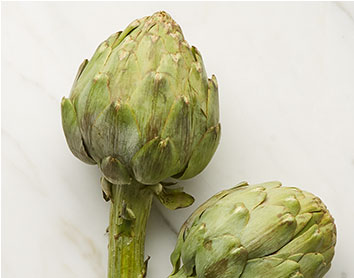
Artichokes
Artichokes should keep for four to five days if you store them in the refrigerator unwashed and in a plastic bag.

Asparagus
Asparagus stalks should stay fresh for three to four days in the refrigerator if you keep them moist. Keep the tips dry to prevent the asparagus from rotting.

Avocados
A ripe avocado gives slightly when gently squeezed. They can be preserved by storing it in the refrigerator for up to five days.

Beans
Refrigerate beans unwashed and tightly wrapped in a plastic bag. They should keep for up to five days.

Beets
Store beets loose in the crisper of the refrigerator and they will keep for at least a week or two. If your beets have leaves attached and you are storing them for more than a couple of days, remove the greens and store them separately. Unwashed beet greens should stay fresh for three to five days in the refrigerator.
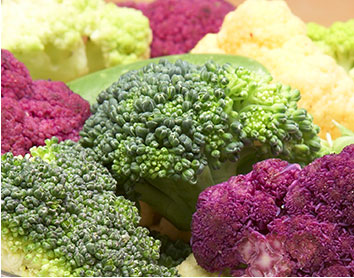
Broccoli & Cauliflower
While you can store broccoli, broccoli rabe, cauliflower, and broccoflower in closed plastic bags, it's best to leave them open or use perforated storage bags. The air will keep them fresher. Cauliflower and broccoli should keep for about five days.
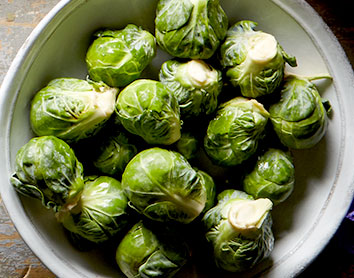
Brussels Sprouts
Place unwashed Brussels sprouts in a paper bag in the crisper drawer of the refrigerator, where they should keep for three to four days.

Cabbage
Store cabbage in your refrigerator's crisper, sealed in a perforated plastic bag. If you want the best taste and texture, you've got to use it within a week. Also, never wash cabbage before storing. Cabbage leaves are so tightly packed that mold is almost guaranteed to grow between them if the leaves are refrigerated wet.

Corn
Try to use corn as soon as possible after purchase; but if you can't, it should keep for one or two days in the refrigerator.
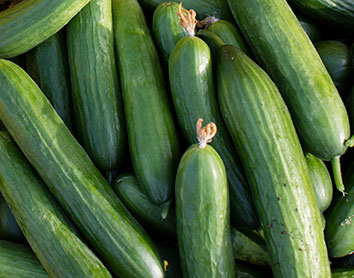
Cucumbers
Refrigerating cucumbers extends their life for about a week, especially if you store them unwashed and loosely wrapped in a plastic bag.
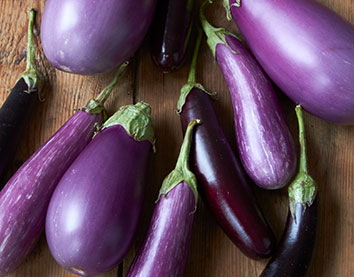
Eggplant
Whole eggplant should keep for about three days on the countertop. If storing cut eggplant, wrap in plastic and place in the least cool section of the refrigerator.

Garlic
Store garlic at room temperature in a dry, well-ventilated place and it should keep for at least three months.

Herbs
Most herbs can keep for up to five days. When storing, immerse the stems in water, like a bouquet of flowers. Cover the jar with a plastic bag and place in the fridge. Change the water every day or so.
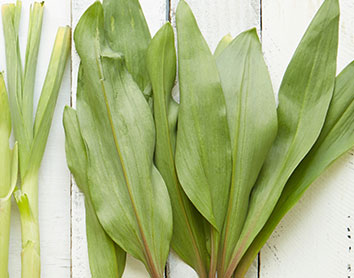
Leafy Greens
Leafy greens retain their crispness if kept in the coolest part of the fridge for up to four days. Wrap in damp paper towels and store unwashed in a perforated plastic bag.
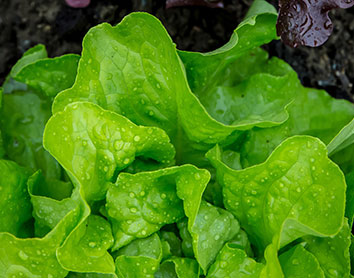
Lettuce & Red, Green & Boston
Store unwashed in a loosely closed plastic bag in the refrigerator. Lettuce will keep for two to three days.
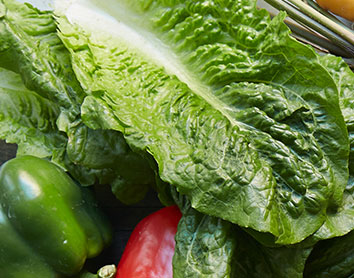
Lettuce — Romaine & Iceberg
Store unwashed in a loosely closed plastic bag in the refrigerator or wash the leaves, dry them thoroughly, and refrigerate in a tightly sealed plastic bag. It should last for up to a week.

Mushrooms
Store mushrooms in paper bags. Place a damp paper towel in the bag to help keep them moist. For optimal texture, use within three or four days. But don't worry if you keep your mushrooms around for a while and they dry out a bit. They're still fine.

Onions
Store whole onions in a cool, dry, well-ventilated place. Never store them with potatoes, as the onions will cause the potatoes to rot. Red onions will last for two to four weeks, yellow for two to three months, and white for up to three months.

Peas
Fresh peas will be sweetest if you cook them as soon as possible after purchase. If you must store them, they will keep in the refrigerator in a plastic bag for two to three days.
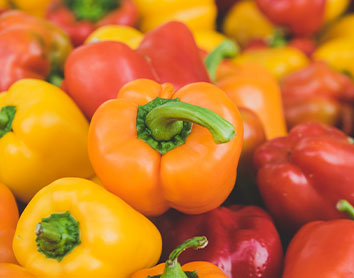
Peppers
Store both hot and sweet peppers unwashed in a perforated plastic bag in the refrigerator crisper drawer. They should keep for about a week.

Potatoes
Always avoid temperature extremes when storing potatoes. Don't keep potatoes with onions - the onions will coax them into rotting. Store young potatoes in a cool, dry, and well-ventilated place, and use them within a week of purchase. Sweet potatoes are more perishable than potatoes. They should keep for seven to 10 days when stored in a dark, cool, well-ventilated place.
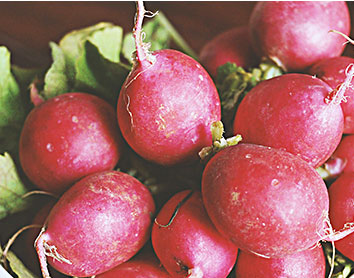
Radishes
Store radishes in a plastic bag in the crisper of the refrigerator and they should keep for at least a week. If your radishes have leaves attached, it is best to remove them, as they tend to leach moisture from the root.
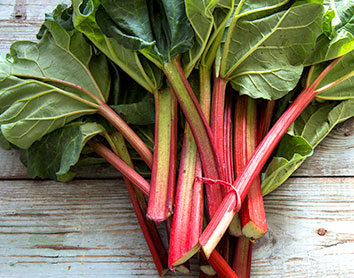
Rhubarb
Rhubarb should last for about four days in the refrigerator's crisper. Keep it tightly wrapped in plastic.
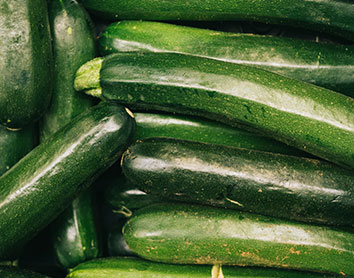
Squash — Summer
Zucchini and patty pan squash should keep for four or five days when stored in a plastic bag in your refrigerator's vegetable drawer.
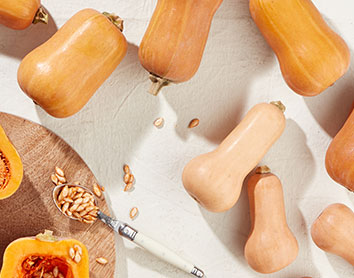
Squash & Winter
Squashes are a great winter staple because they keep so well, as long as you store them in a cool, well-ventilated spot, preferably between 50 and 60 degrees. Don't store a winter squash in the refrigerator — the cold will damage it.

Tomatoes
Store larger tomatoes stem side up (you'll avoid bruising the shoulders), and spread cherry or grape tomatoes in a single layer on a plate or in a bowl. Store at room temperature out of direct sunlight, and they should keep for about a week.
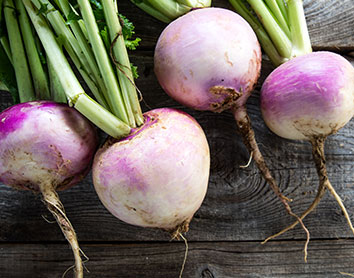
Turnips
Place unwashed turnips in a perforated plastic bag and store in the refrigerator crisper. They should keep for at least one week and up to three.